It's OK to Change Your Mind
🧠My embarrassing Republican era, Santa Claus, and the importance of critical thinking
I’m Tawny, author of Dry Humping: A Guide to Dating, Relating, and Hooking Up Without the Booze, co-host of the Recovery Rocks podcast, and co-founder of the vinegar-based botanical beverage, (parentheses)
This week I joined
for an honest discussion about sobriety, language, and the importance of allowing ourselves to evolve when we learn new information. Check out the recording here.It’s OK to change your mind. In fact, it’s essential.
We change our minds by listening to new information with an open mind, remaining receptive to said new information, collating data by comparing that new info to the existing info that’s already stored in our brains, then, yes, possibly changing our minds. Or maybe doubling down on your original belief.
Changing our minds is not a quick process, which is why so many folks don’t do it.
It’s easier to avoid new information because it means we don’t have to think critically. We can stay with our existing, unchallenged thoughts and live happily ever after… right? Wrong. In fact, the reason we fight new information so much is because we don’t want to be wrong. Being wrong threatens our very existence. If I’m wrong about *this,* what else am I wrong about?!?!
This clip from Parks & Rec is a great example of “flip-flopping” or changing our minds when we learn new info. Fast forward to :50 if you’re impatient like me.
We rarely let ourselves say, I never thought of it like that or Good point! Let me think on that and get back to you, because our ego often prevents new information from getting in. This means we miss the opportunity to think critically and engage in nuanced discourse.
Our ego stands in the way of our opportunity to learn and evolve. This means our ego often prevents us from evolving into our true selves.
I think this is why our country is so divided. We’re so obsessed with being right that we can’t imagine entertaining new information if it could possibly compete with what we think we already know.
Cognitive dissonance sucks, y’all!
Here are a few topics I’ve changed my mind on in the past:
My Republican Era
I’ve always been a queer ally and passionate about equality, but I went through a brief Republican phase during the 2012 election. I lived in Waco, Texas, surrounded by people who voted Republican. I voted for Mitt Romney and listened to Glenn Beck on my daily commute to my bartending job.
My drinking and self-destructive behaviors were at an all-time high. Why would I add additional stress, like critical thinking, to my plate when I could barely keep my head above water? Voting Republican felt easier. I needed ease. Groupthink and echo chambers are strong AF.
Moving to New York City and getting sober in 2015 gave me a political awakening that I discuss in two HuffPost essays: Feminist: The 'F' Word I Refused To Say and My Evolution From Drunk, Misinformed Voter To Sober, Empowered Voter.
Santa Claus
I used to think Santa was real. Then I learned that it’s impossible for one dude to fly all over the world in one night, so I changed my beliefs. I cried because learning this new information meant that my existing information was wrong. And, well, because I was a kid. I cried a lot.
I questioned reality. I questioned if I could trust my parents. I even, for a brief week, believed in Santa out of pure spite, desperately clinging onto any scraps of “evidence” I could find. The half-eaten cookies! The glass of milk! The dollar bills with Santa’s face on them! The presents from someone named Santa! I even presented this evidence to friends at school, trying to get people to believe in him with me until I finally conceded.
Gatekeeping
I wrote this piece on something I called Sober Tourism. Essentially my annoyance at people who do dry months who then post pictures of them taking shots of tequila on February 1st. Now I can see how that article borders on gatekeeping. Gemma and I break down how I changed my mind in this video.
Privilege
I fought the word privilege. Hard. I worked so hard to get where I am today!!!! I can’t be privileged if I grew up on food stamps!!!!! I’m bisexual!!!!! I’m a woman!!!! I’m Mexican and Jewish!!! My ancestors struggled, too!!!!! My life matters, too!!!!!!! Then I learned that privilege just means that despite my own arduous life hurdles and intergenerational trauma, I’m still white-passing and straight-passing. This means being socialized as white and passing for straight makes my daily life a lot easier than folks in more marginalized communities.
Boot Straps Myth
In my aforementioned Republican Era, I used to think that all you needed to succeed was ambition and hard work. Now that I’ve accomplished some major life goals, I’ve learned about the role privilege plays in my success. My grandfather paid for my college, so I have no student loan debt. This means that I have more freedom to work on my passion projects instead of juggling countless jobs to get out of debt. The whole “pull yourself up by your bootstraps” ideology is a myth. Many folks have no boots, let alone bootstraps. Meritocracy is a myth.
Harm Reduction Saves Lives
I thought that sobriety meant full abstinence from all substances at all times. Learning about harm reduction opened my eyes to the fact that some people can’t be fully abstinent from substances for various reasons:
👉🏼Some people need to taper off of their drug of choice by using medically assisted treatments like Suboxone, Methadone, or Cannabis.
👉🏼Some folks need access to clean needles or fentanyl testing before they can even consider getting sober.
👉🏼Someone can be sober from heroin but drink alcohol occasionally. People in eating disorder recovery and sex/love addiction recovery must identify what “sober behavior” means individually. I’m completely alcohol-free, but medicinal cannabis is now a part of my daily life.
👉🏼Someone can have years of full abstinence and then find a healthy relationship with alcohol after doing deep work on addressing why they drank in the first place. They may not identify as sober anymore, but sobriety was a big part of their mental health journey, getting them where they are today.
Audiobooks and E-Books
I thought audiobooks and ebooks “didn’t count” as reading until I learned that was an ableist take. Audiobooks and ebooks 100% count as reading, and they help make reading accessible to folks with visual or hearing differences. Now I actually prefer audiobooks and ebooks. Who knew?
I'll leave you with my favorite Red Hot Chili Peppers lyric from their song, “Snow.”
“The more I see, the less I know. The more I like to let it go.”
This line reminds me that no matter how much I learn or how right I think I am, I’m barely scratching the surface of what I could learn. And I find that freeing. So I let it go.
Or maybe I’ll change my mind.
Have you recently changed your mind on a subject? I’d love to hear about your process!


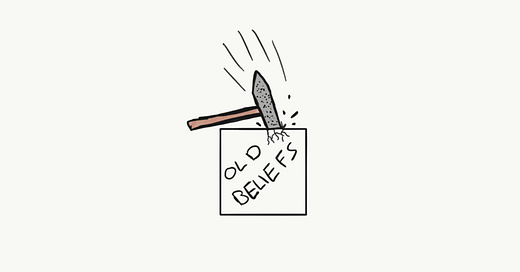



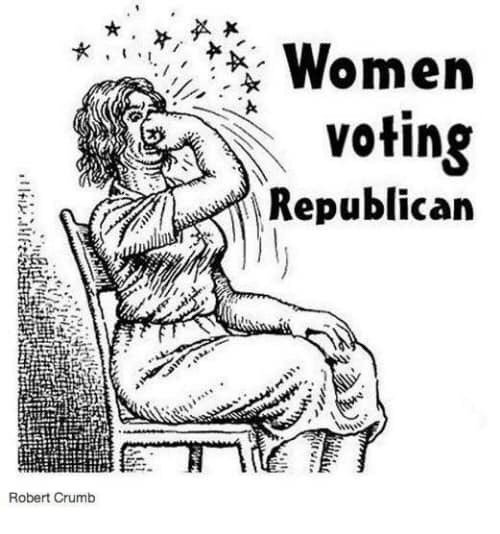
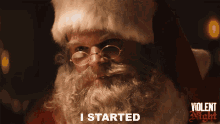
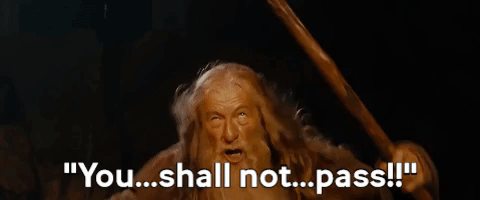
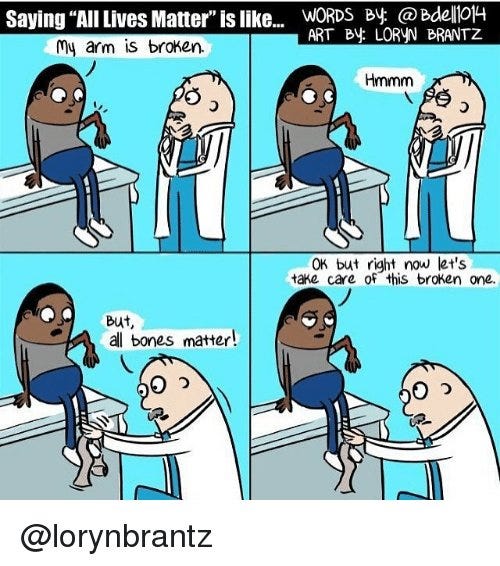
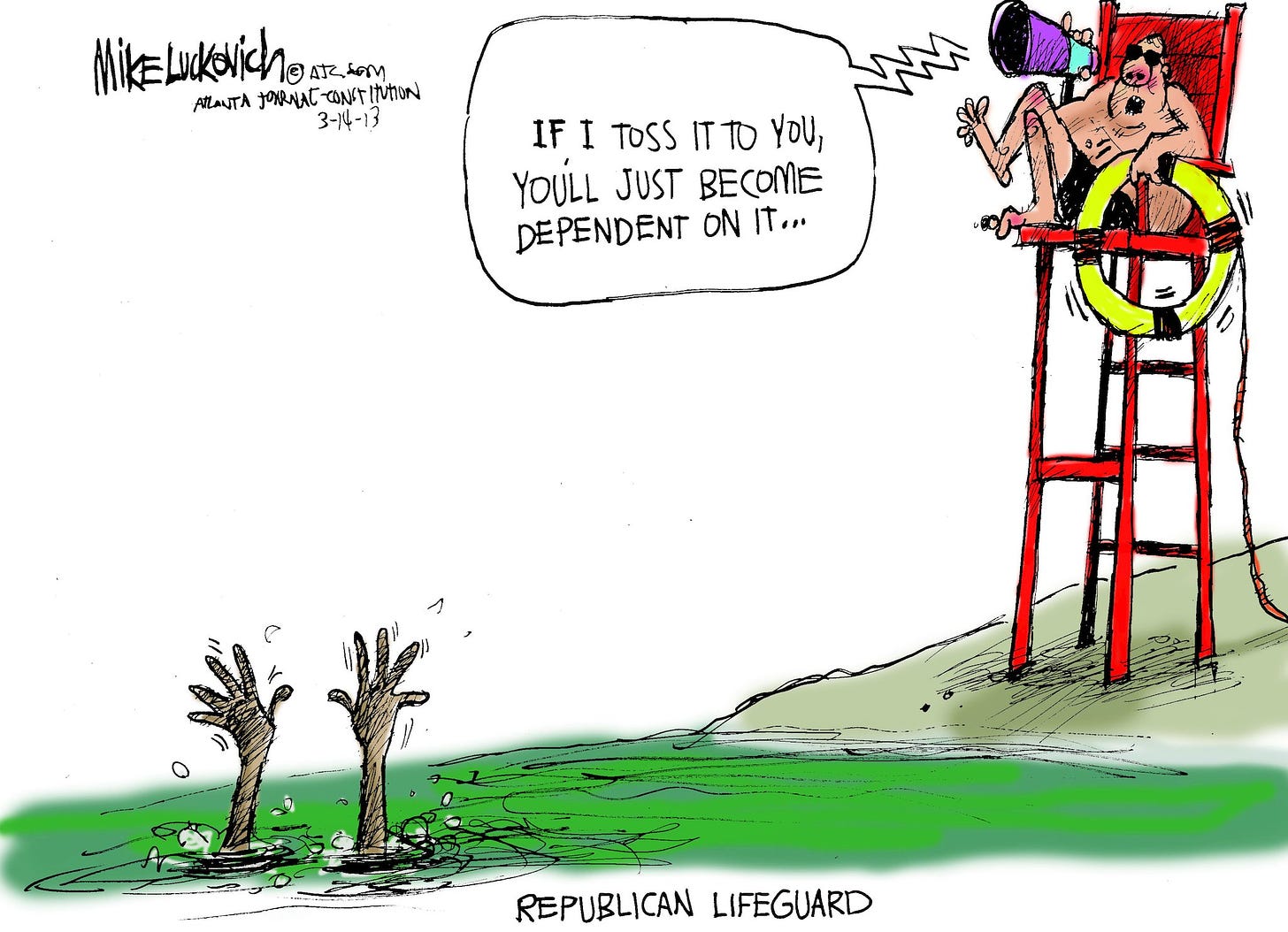
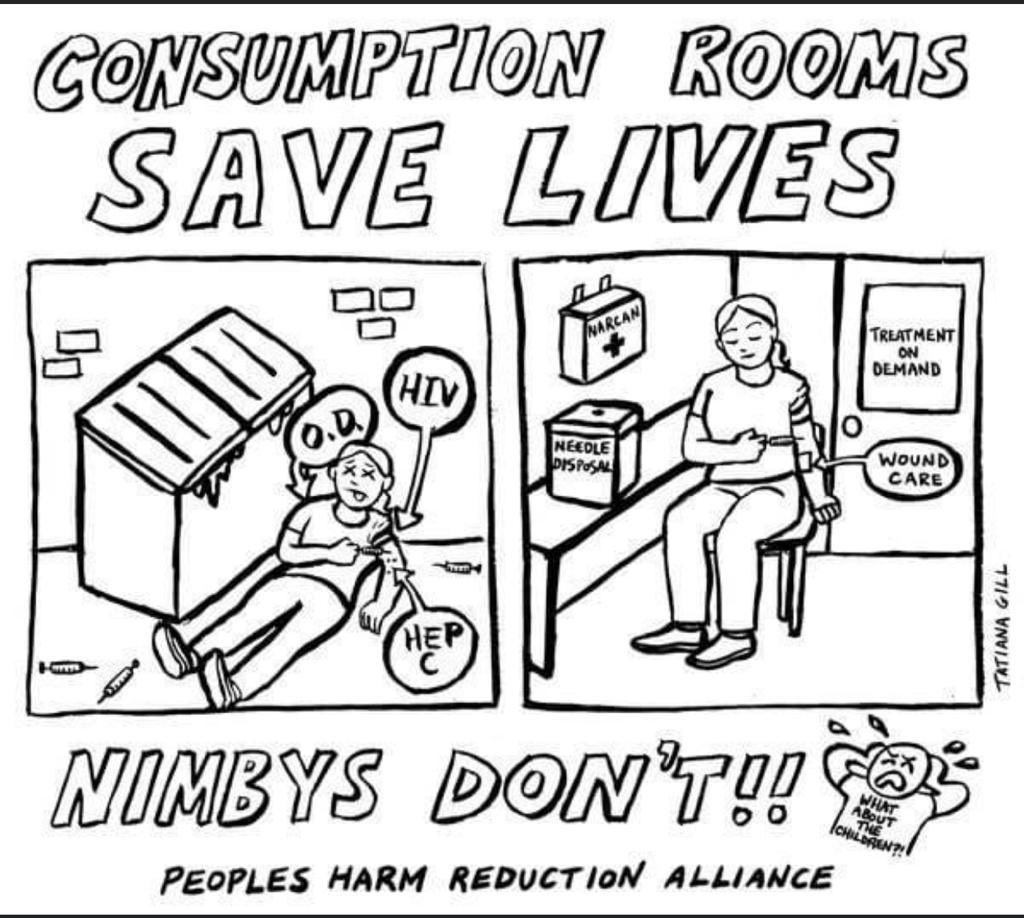
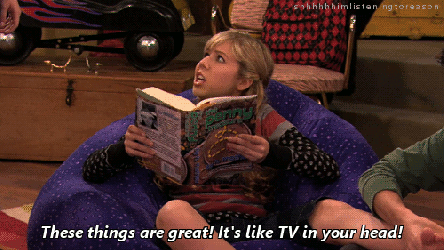
For sure!! I grew up in a Mormon family and stayed in the faith for three decades before leaving. It was such a mismatch for my personal values and I couldn't stop the mental gymnastics it took to stay in. Changing your mind can be life changing. Not always pretty but life on the other side is great.
I really love this. I like how you casually mention these huge changes. I am a lover of change. I used to say "I don't trust people who don't drink alcohol" and now I'm sober and write about it everyday. I also joined an MLM and thought I was helping my friends by selling them things they didn't need or want. So, I get it and I love that you normalize this!